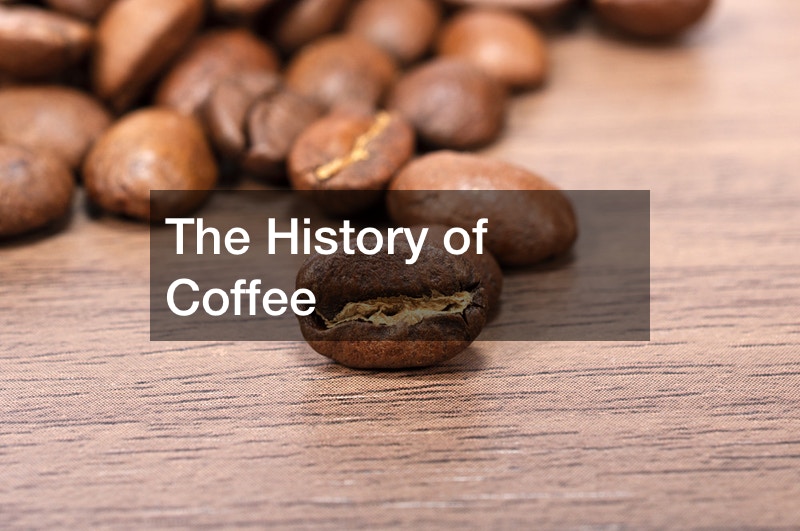Debunking 5 Persistent Myths About Coffee and Its Flavor

The invention of coffee beans goes back to the 15th century. Today, coffee is among the most popular psychoactive beverage consumed worldwide. Flavored coffee beans near me are the foundation of culinary identities in different cultures. According to experts, coffee is loaded with numerous health benefits.
Besides being rich in antioxidants, coffee boosts immune system, and it also re-energizes your brain. Tracy Lockwood Beckerman, author, and dietician, says that many Western diet lovers are getting more antioxidants from coffee than combined vegetables and fruits.
Almost every country and culture have an exclusive method of requesting coffee beans home delivery, preparing, and drinking it. Still, every cup of coffee you drink from your favorite coffee shops results from a complex process of interactions. Here, wholesalers, marketers, shippers, roasters, growers, and international corporations are involved, complicating the process.
If you are passionate about the best value coffee subscription, you must have heard a few misconceptions and myths about it. Let’s bust some of them below to help you become an informed consumer of one of the world’s highly consumed beverages after water.

Whether you own a small coffee roaster business or you’re a regular at Starbucks, it seems that myths and misconceptions about coffee abound even among those who work with and drink it the most. Here are five persistent myths about coffee and its flavor that ought to be permanently busted:
- The Type of Beans Determines Flavor
Some coffee blends advertise that they use 100% Arabica beans as if that says something about the quality of their coffee. It’s true that in general, Arabica beans are higher in quality than Robusta beans. But the way coffee beans are grown and roasted have a much bigger impact on the final flavor than the variety.
- Coffee Should Be Kept in the Freezer
Many people think coffee keeps indefinitely in the freezer. But in reality, you have about three weeks after coffee comes out of the coffee roaster machines to use it at full flavor. Storing it in an airtight container and a cool, dry, dark place will extend its life as long as possible. Storing it in any extreme conditions, such as the freezer, will actually reduce its lifespan.
- The Hotter the Water, the Better
Many people who heat water in a kettle for their coffee (for use in a French press or other device) think that a rolling boil is the ideal temperature. But actually, you want your water at about 200 degrees. Above that, it will burn the beans and produce a bitter flavor.
- Darker Roasts Mean Stronger Coffees
Roasting affects the flavor of coffee, but the strength is simply controlled by the proportion of coffee grounds to water used when the coffee is made. And if you interpret “strength” to mean caffeine, the opposite is actually true; because coffee loses some of its caffeine in the roasting process, darker roasts have slightly less caffeine than lighter ones.
- Gourmet Coffee Isn’t Worth It
The growth of artisanal coffee roasters isn’t just hype. These gourmet roasters are more likely to use high-quality and sustainably sourced beans, do limited batches in small coffee roaster machines, and distribute roasted beans promptly so you get the freshest coffee possible. You’ll pay a little more, of course, but the flavor will be worth it.
Do any of these facts surprise you? Are you hoping to get into the professional coffee industry with a coffee roasting business or coffee shop, or are you simply a caffeine connoisseur? Join the discussion in the comments.
